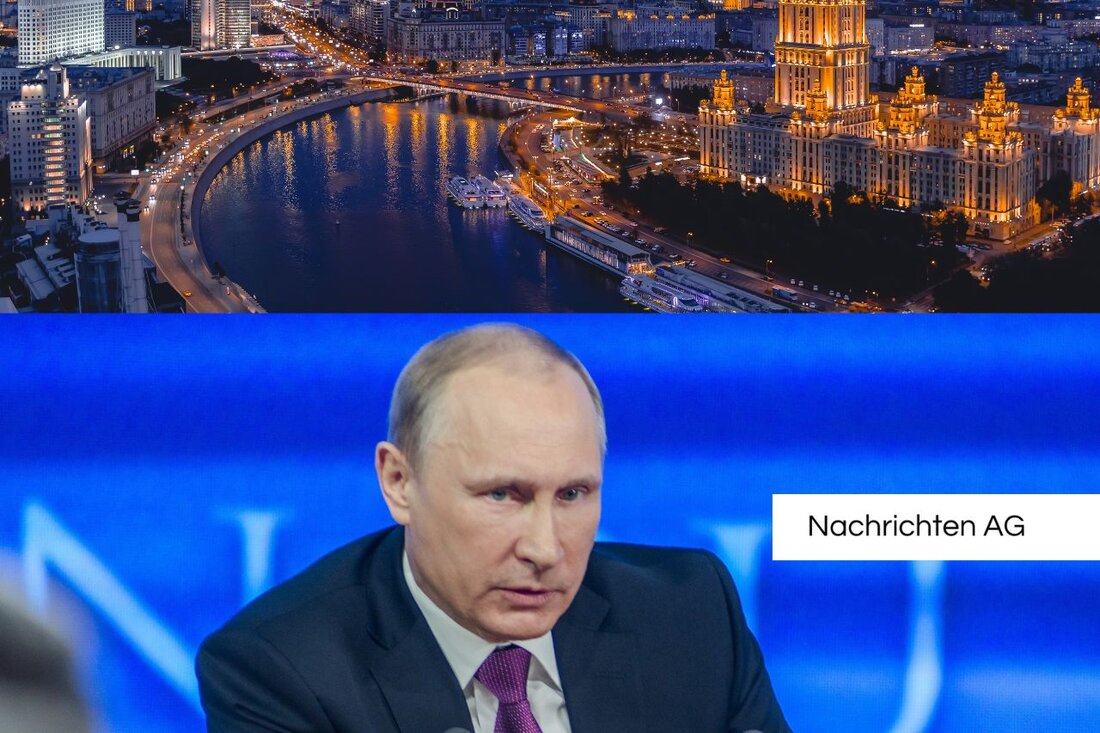Espionage scandal: Munich court sentences Russia agent to 6 years!
Dieter S. was convicted in Munich of spying for Russia. Three men were prosecuted on terrorism charges.

Espionage scandal: Munich court sentences Russia agent to 6 years!
A shocking verdict rocked the Munich courts today: Dieter S., a German-Russian, was sentenced to six years in prison for spying for Russia. The Munich Higher Regional Court found him and his co-defendants Alexander J. and Alex D., who were sentenced to suspended sentences of twelve and six months, guilty. However, all three men vehemently deny the allegations, while the federal prosecutor's office had called for a significantly harsher sentence of eight years and eight months for Dieter S..
What is behind these serious allegations? Dieter S. is said to have operated on behalf of a Russian secret service to spy on railway lines and military infrastructure in Germany. An accusation that not only endangers the country's security, but also sheds serious light on Russia's current espionage practices. In recent years, Russia has significantly increased its activities in Germany, which the President of the Military Counterintelligence Service (MAD), Martina Rosenberg, recently confirmed. The suspected cases of espionage and hybrid measures in Germany have almost doubled and are strongly reminiscent of the times of the Cold War, as [Zeit] reports.
Connections to the Pyatnashka Brigade
A particularly worrying detail is Dieter S.'s membership in a terrorist organization. He is said to have joined pro-Russian militias as early as 2014 and specifically contacted the “Pyatnashka Brigade”. A confidential chat log shows that he communicated with people who had connections to the Russian intelligence agency GRU and were recruiting fighters. A witness reported that a German man who wanted to come forward remarked that he was Russian in his soul - a statement that probably refers to Dieter S. Whether he is really just an actor, as his defense attorney claims, remains questionable.
The defense doubts the incriminating evidence and relies on the desire to maintain its own innocence. They argue that Dieter S. was only interested in travel routes to Russia, had nothing to do with military activities and was never a member of the Pyatnashka Brigade. The Federal Prosecutor's Office has not yet been heard on the question of the chat protocols, which further fuels speculation about Dieter S.'s actual activities.
The growing shadow of espionage
While this trial is making headlines, security authorities in Germany are observing a worrying development. Russian secret services that enter Germany via third countries target clearly defined target groups, including Germans of Russian origin and soldiers vacationing in Russia. Disinformation and disruptive measures are once again part of the repertoire of these agents, whose activities endanger security in Germany.
In summary: Dieter S. and his accomplices are not only on trial for espionage, but they also embody part of the global problem surrounding secret services and their machinations. The developments in the coming months could have far-reaching consequences, not only for the defendants, but also for the security architecture in Germany.
Stay tuned for further information on this explosive topic, which affects not only Munich residents but all of Germany. In a time where espionage is commonplace, it is becoming increasingly important to be vigilant.
[Tagesschau] | [Lance] | [Time]

 Suche
Suche
 Mein Konto
Mein Konto